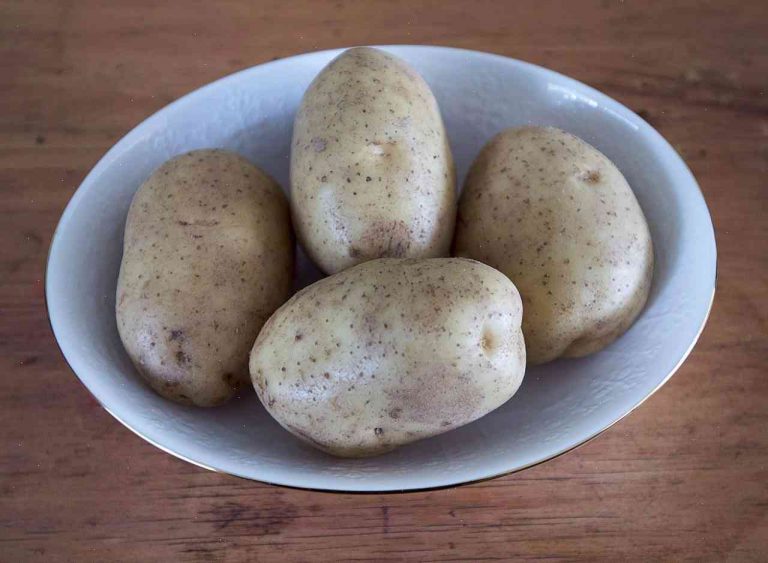OTTAWA — American and Canadian officials are scheduled to meet Friday to discuss efforts to ensure all potatoes imported into both countries are both safe and meet quality standards.
The American Potato Council on Thursday said the details of the meeting were still being worked out, but that Secretary of Agriculture Sonny Perdue will likely head to P.E.I. Friday for what will be the second meeting this week to examine Canadian policies on imported potatoes.
P.E.I. banned potatoes from the United States beginning in January in a bid to save local farmers who were in financial straits after a wave of anti-free trade sentiment swept the country following the 2016 Brexit vote. The American Potato Council has raised concerns over the food safety in the area in the past.
The ban put pressure on American producers of high-quality Idaho potatoes to try to sell their product to American consumers or get it into Canada. The nation’s potato crop is relatively small, so the impact of a ban on its exports would be relatively small.
Industry observers said the largest Canadian potato producer — Quebec’s Mountain Province Crop Protection — has expressed interest in the American market.
The U.S. Potato Council, which is a lobbying group and has no direct policymaking or regulatory power, has asked U.S. officials for a list of Idaho potatoes that met certain quality standards.
Officials in Washington met Wednesday with Canadian officials to work out a list of American potatoes that could meet Canadian standards. A spokesman for Canada’s National Potato Board, Kevin Lynch, would not say whether or not any American potatoes have been specifically identified or why Perdue was traveling to P.E.I.
“We’re going to let you know [Friday] if there are any final arrangements made,” he said.
Tom Long, president of Potato Incorporated, a large potato-packing company in Denver that exports approximately 40 percent of its output to Canada, said he hoped to hear from Perdue that one American potato did meet Canadian quality standards.
“If there is one American potato that meets the level that they’re trying to achieve, that’s not a good outcome for us,” he said.
The meeting is part of a push by Canada’s policymaking bodies to prevent the world from losing control of Canadian potatoes for the first time since 1918. Currently, world food supplies are dominated by giant producers such as Russia, China and India.
Dominic LeBlanc, the Liberal MP who is the minister of foreign affairs and agriculture, has called the potential potato trade war “extremely concerning” and has said his goal is to protect the potato industry’s future.
In recent days, the two sides have found themselves on opposite sides of the P.E.I. debate, with LeBlanc defending the province’s right to protect its farms while the American press has characterized the ban as a backroom deal between the province and the Trudeau government.
In an article published Thursday by The Washington Post, Nigel Farage, the former leader of the UK Independence Party, referred to LeBlanc as a “curry slave.” Farage was on Parliament’s agriculture committee in 2017. LeBlanc initially called the comment “unacceptable.”
On Thursday, LeBlanc acknowledged the spat but said Farage had likely used the term to demean LeBlanc’s credentials in public speaking, not as a response to an “offensive term.” He also said his media campaign does not mean his government is retreating from P.E.I.
The U.S. Potato Council said the deal it is working on with the American government and P.E.I. is aimed at ensuring the health of potatoes imported into both countries, noting that Canadian measures could potentially affect U.S. farms as well.
“If these measures in P.E.I. come to pass, it could make it more difficult for Americans to export from Idaho or elsewhere to Canada,” said Mark Huntington, president of the USPC.
According to LeBlanc, talks between Canadian officials and the Potato Council are private and invite only.
The Canadian Press contributed to this report.
